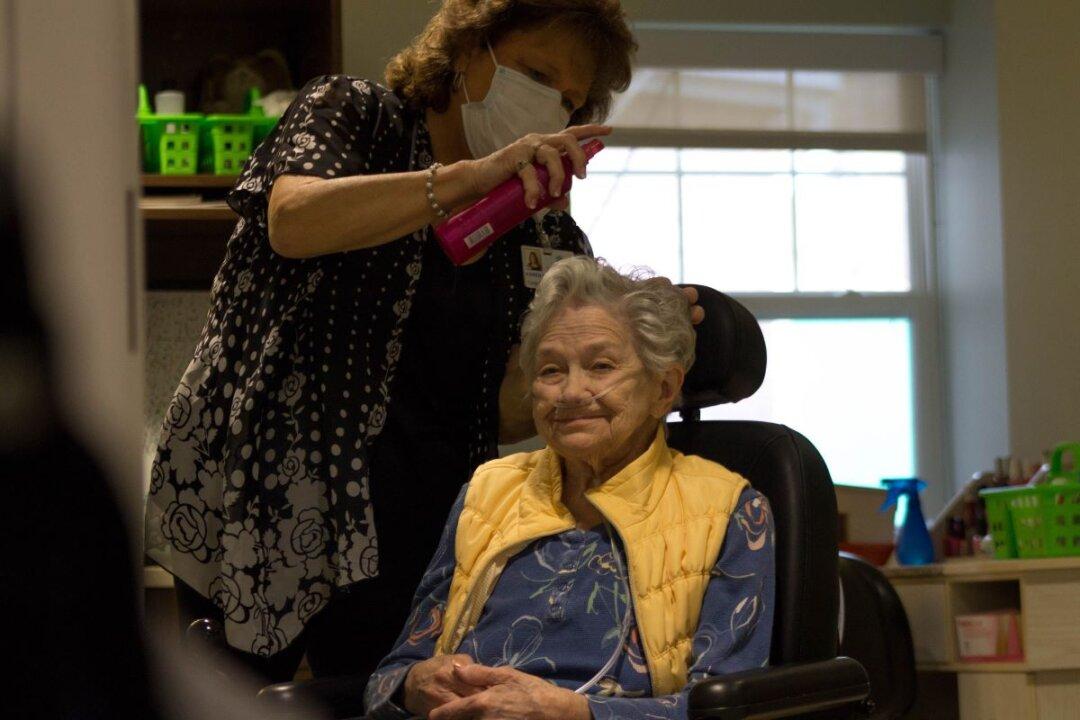After President Joe Biden announced during his 2022 State of The Union Address measures his administration would propose to improve healthcare, the industry has attempted to work with the administration to come to an agreement on guidelines that are beneficial to payments and staff.
Proposed staffing level mandates were released earlier this month and have since received widespread criticism from groups representing nursing homes as well as staff.





